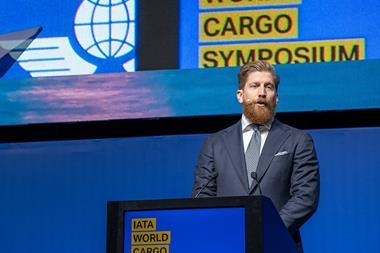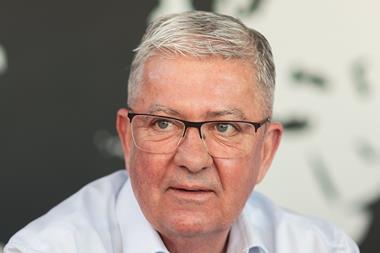Royal Schiphol Group has acquired full ownership of cargo community platform Cargonaut as part of efforts to drive digitisation across the supply chain.
The airport operator said the move will strengthen the airport cargo community’s relationship with Dutch Customs, which under the Dutch Government’s Digital Transport Strategy, is seeking to work more closely with companies such as Schiphol who fulfil a public mainport function.
Schiphol Group previously owned around 38% of the shares in the IT platform, with the remainder belonging to stakeholders, including KLM and Air Cargo Netherlands (ACN), the industry association for the Dutch air cargo sector.
Schiphol’s move is the result of a strategic review of the national logistics IT policy made by the Dutch government last year, which concluded better and faster flow of data is critical for the country to maintain its role as a major European conduit for international cargo traffic.
“The cargo community will benefit from this transition, it will make the supply chain more predictable and it will strengthen Schiphol’s competitive advantage,” said Miriam Hoekstra – van der Deen, head of airport operations.
Sjoerd Blűm, chief information officer and director IT and Data at Schiphol, added: “Proper data sharing ensures smooth cargo handling, from which efficiency in the chain will increase. We will be inviting community members to share their vision regarding their future needs and functionalities for the system and we will keep sharing important milestones as the project progresses.”
There had been some concern expressed that users may not have as much say on how the system develops if they lose their share in the platform.
However, Schiphol also announced that it will renew Cargonaut’s Port Community System (PCS), incorporating suggestions from its users.
“With the new system that Cargonaut and Schiphol Group are building we will be ready for the future and able to further innovate and exchange information,” said Jonas van Stekelenburg, interim chief executive, Cargonaut.
“We are replacing the current deprecated system, but we are also improving it: the new PCS will make it easier for cargo parties to communicate with one another, as well as with the Government.
“Moreover, it will enable the sector to handle the expected increase in e-commerce clearances.”
The Dutch Ministry of Infrastructure and Water Management together with Dutch Customs are adopting new requirements for data exchange as part of the Digital Transport Strategy for freight transport.
One focus is the creation of a single Basic Data Infrastructure (BDI) for the digitisation of all forms of freight transport in the Netherlands and Cargonaut’s system will be an important building block for this.
Within the BDI, logistics companies retain ownership of the data they generate, and they can share this data in a controlled and, where necessary, protected environment.















